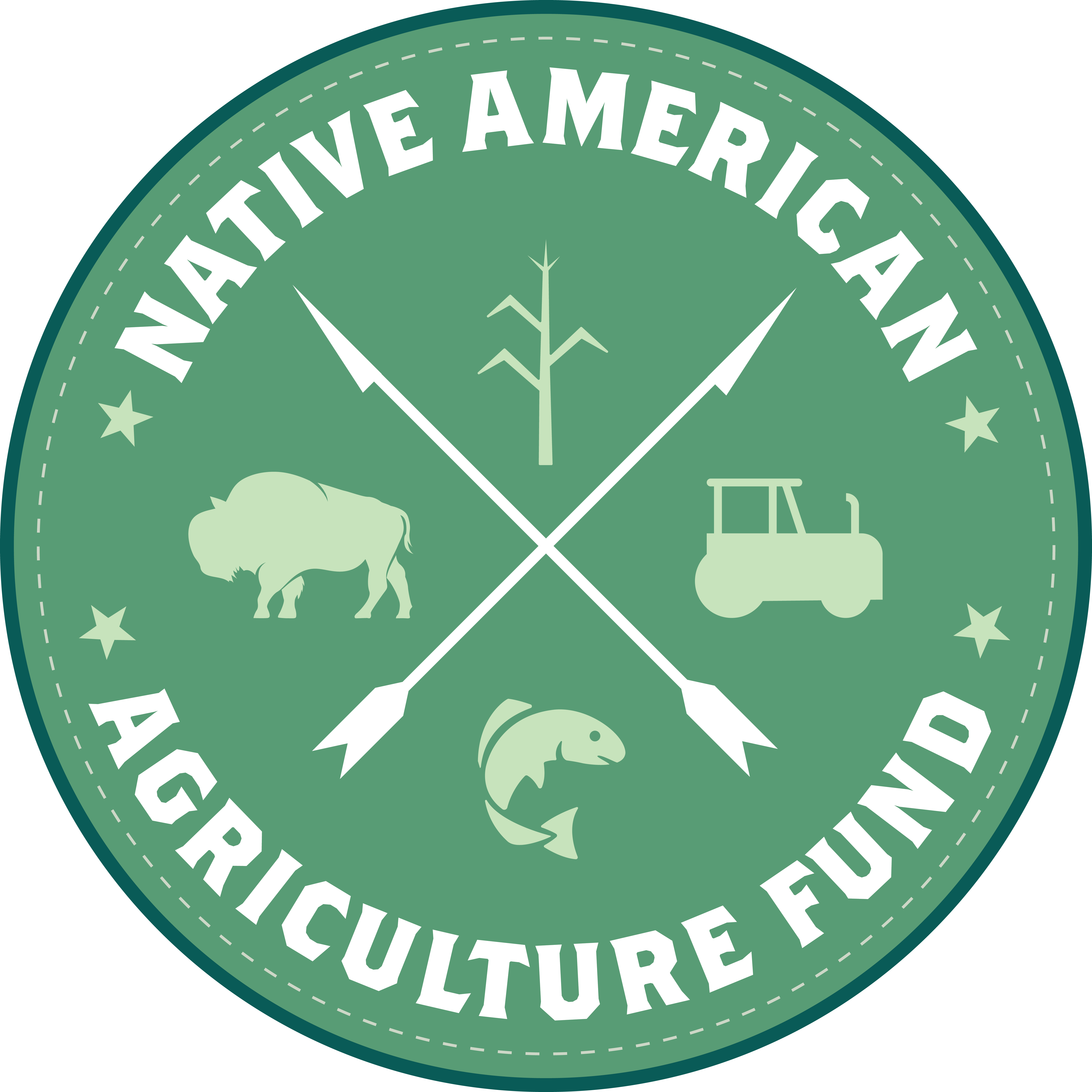A letter from NAAF’s CEO on Monumental USDA Announcement of $800 Million in Assistance for Distressed Farm Loan Borrowers
A letter from NAAF’s CEO on Monumental USDA Announcement of $800 Million in Assistance for Distressed Farm Loan Borrowers
“Today the U.S. Department of Agriculture (USDA) announced that distressed borrowers with qualifying USDA farm loans recently received nearly $800 million in assistance. This funding was mainly derived from the Inflation Reduction Act (IRA), with some additional resources coming from the COVID-19 Pandemic Relief. Through the IRA, USDA was directed to expedite services to distressed borrowers with either direct or guaranteed loans.
Without this assistance, many borrowers could have faced accelerated loans resulting in foreclosure. For other borrowers, it was just bad timing; with inflation, the cost of production, and implements compounded by other issues such as natural disasters, borrowers found themselves barely making it and potentially unable to make next year’s payment. Like the Federal Government did in the 1980 Farm Credit Crisis, some producers were provided a lifeline.
While working in the Civil Rights Office at the U.S. Department of Agriculture, I witnessed first-hand the devastation of hard-working families that, at one point or another, were faced with extenuating circumstances that required a simple hand-up. When USDA wasn’t able to provide that, in some circumstances, it meant a loss of everything. A number of producers I worked with in the past were paying off debt for farming operations their adult children had never even seen. An entire generation was removed from their family farms. For too many years, USDA did not have sufficient funding to provide this type of assistance to borrowers. With the IRA, USDA and the Farm Service Agency (FSA) will finally have the resources to implement the tools in their toolbox. The authority to administer these programs without funding left many of these services useless until now.
For farmers who have had to experience foreclosure and are still forced to continue to pay off debt despite their inability to operate, relief has been granted or is potentially forthcoming. Additionally, USDA will now begin evaluating operations case-by-case to understand whether these operations can generate enough cash flow to make their next loan installment. These are known as “financially distressed borrowers.” Assistance to these borrowers will occur upon the borrower’s request and could include assistance to cover their next installment. For more information on whether you qualify as a “distressed borrower,” please visit the FSA fact sheet.
More than 30,000 borrowers could benefit from the First Phase and the Assistance for Distressed Borrowers case-by-case process. Why is this important to all Americans? The price of food in September alone has increased 0.7%, and over 13% from last year. The Secretary underscored the importance of supporting our farmers and their operations by stating, “The funding included in today’s announcement helps keep our farmers farming and provides a fresh start for producers in challenging positions.” Like the Secretary, our goal at NAAF is to support Native American Farmers and Ranchers. We will be working with partners to provide a webinar on eligibility and support services, such as tax assistance after support payments. Please visit our website and join our listserv for the most up-to-date information.
For additional background on the provisions of the Inflation Reduction Act, please visit www.farmers.gov/inflation-reduction-investments.
View NAAF’s previous statement on USDA’s open comment period on IRA section 22007 addressing discrimination.”
Toni Stanger-McLaughlin (Colville)
CEO of the Native American Agriculture Fund
About the Native American Agriculture Fund:
The Native American Agriculture Fund (NAAF) provides grants to eligible organizations for business assistance, agricultural education, technical support, and advocacy services to support Native farmers and ranchers. The charitable trust was created by the settlement of the landmark Keepseagle v. Vilsack class-action lawsuit. NAAF is the largest philanthropic organization devoted solely to serving the Native American farming and ranching community.
